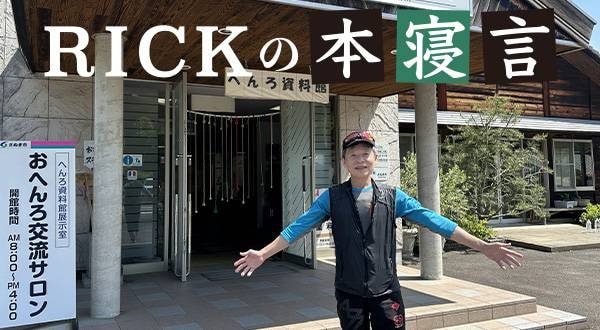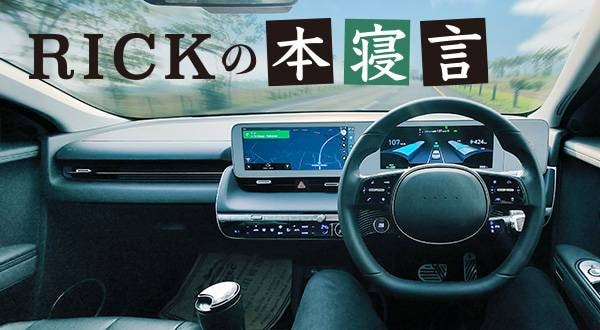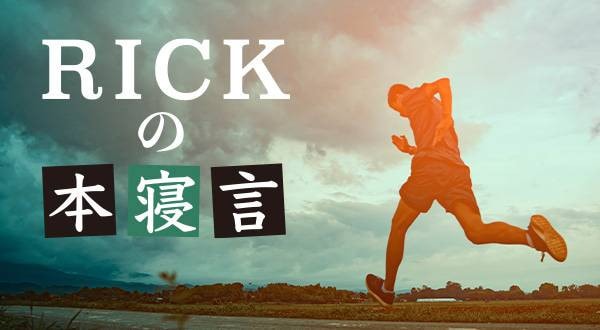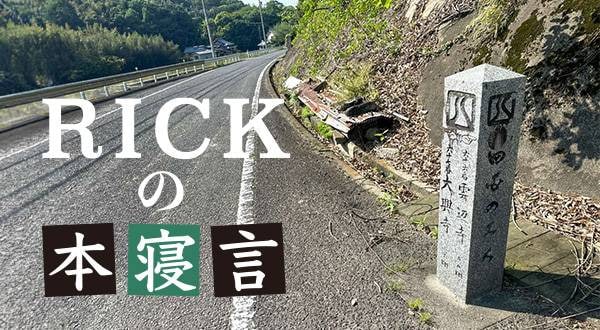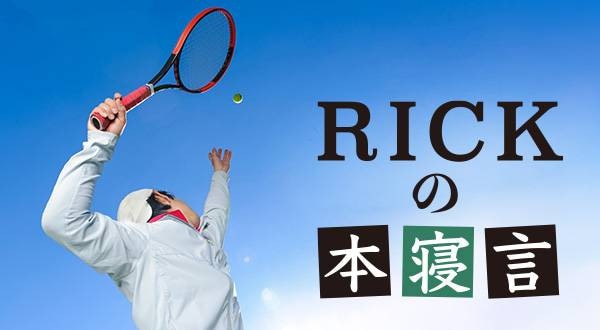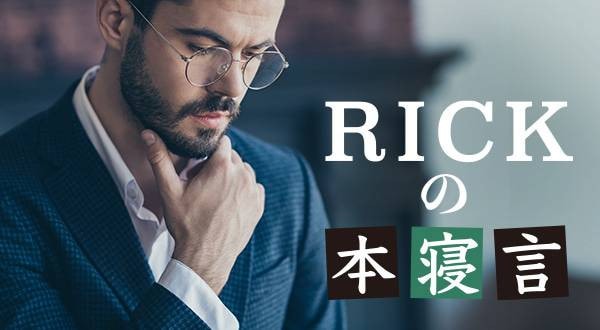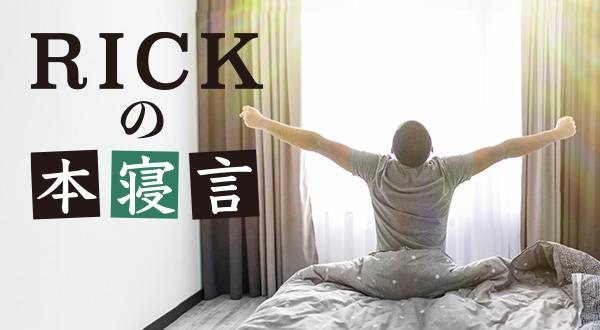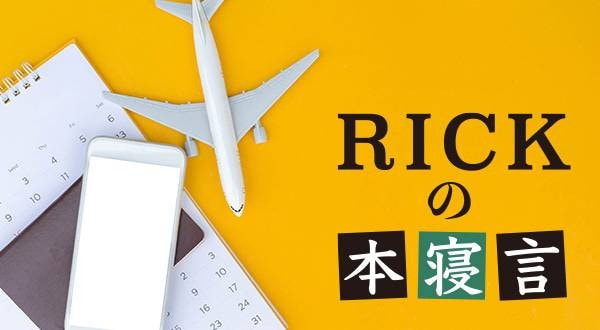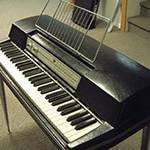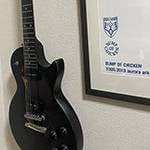Many times in my life’s journey I have been told, “You are so cheap!” Even if I wanted to argue how untrue that statement was, it’s obvious that we had different values about things, so I dared not to say anything. Those who say so probably do not know the difference between the meanings of “stingy” and “frutal”. If I were to say it, I think I am a thrifty person. The definition is “saving with a purpose and only spending money only for necessity and circumstances," which is exactly what I believe.
In my case, rather than having a purpose, I may simply take it for granted that I am good with things and eliminate waste by not spending as much as I can. In the distant past, shortly after my marriage, my ex-wife and I had a falling out. On one cold winter day, I opened my closet to put on my ski jacket, only to find that it was gone! “It’s not here!” I asked her, “Have you seen it anywhere?” and to my surprise, she said, “I threw it away because it’s a raggedy jacket!” A lightning bolt hit me from out of nowhere! It was true that the jacket was stained and the back was ripped with a big hole showing the inside, but it was a jacket that I had worn since I was a high school student, one that I was very attached to and had cherished for 20 years, so we ended up quarreling over it.
To put it frankly, I don’t care much about what I wear in the first place. I have worn socks until they were tattered and had holes in them and I have worn a gray suit that I’ve also worn for 40 years. I can wear it with peace of mind because my body hasn’t changed at all, and it is a gem that gives me a sense of my own history. Indeed, new clothes have become easier to wear, cheaper, and are better quality, and two years ago I finally started buying only t-shirts at Uniqlo. Perhaps people have been doing this out of pity for me, but I have recently started receiving gifts of clothing for my birthday. I suddenly realized that many of the socks, shirts, and sweaters I wear were all gifted to me at some point. I am grateful for this and I’m feeling the passage of time.
It’s the same with cars. I feel the same as I did when I got my license about 50 years ago. Wow! These days I realize once again that driving a car for half a century is an amazing thing. Immediately after founding Sound House, I bought a new Toyota Alphard, thinking that it would be able to transport luggage and carry a large number of people. Since then, I have driven it for nearly 30 years and have 230,000 kilometers on it. The car was showing signs of breaking down, such as doors that would not open and broken locks. At that point, an employee had an accident and the Alphard was scrapped, but I am grateful to the car for having run so well and was full of all of our old memories. Nowadays, I often borrow a 10-year-old company car and drive it around, and since other employees also use it, I sometimes notice that the inside of the car is dusty and dirty. But I don’t let that get me down, and I keep on driving it as long as it runs.
In any case, I don’t like to waste my time, and I also value my time, so I try not to think about all the extra shopping I have to do. I don’t have time for that. If I have time to shop, I would rather make good use of it for other things. I can’t think of many things I want to buy or need in the first place. When I say that, people might say that it is because Rick has everything, but in reality, that is not the case. The only thing I have is a house. As long as I have a comfortable home to live in, I can get my work done, and I consider myself blessed to have that. What more do I need?
Come to think of it, in terms of eating habits as well, my own preferences skew toward inexpensive fast-food. My favorite is a beef bowl from Matsuya. The popular Matsuya restaurant is the best place to taste tender beef freshly cooked in a large pot. The Hidakaya tanmen with lots of vegetables, Sendai Kanda’s chrysanthemum tempura soba noodles at a standing restaurant, and CoCo Ichi's spinach curry are all treats for me, regardless of the price. In this sense, I am glad to know that the Ikebukuro area of Tokyo has many inexpensive cafeterias due to the large number of students, and home cooking is also available at very low prices. Of course, when I entertain guests at the company, I often go to a fairly good restaurant, which may make the staff think that I am always eating expensive food. I hope everyone realizes that they are mistaken!
There is another legend about oolong tea at Sound House. “Rick hates oolong tea, so be careful!” This is one of the reasons why I am called “cheap”. This matter needs some explanation. First of all, every time we go out to eat with my employees, those who do not drink alcohol follow everyone else and order oolong tea as if it’s the only choice. The cost of oolong tea is very low, so it’s actually better for the restaurant. However, wouldn’t a customer contribute more to the restaurant by ordering food? I would like to ask those who don’t want to have water after the first toast: “Would you pay 3-400 yen from your own wallet just for oolong tea?” I think most of them would not if they were paying for it themselves, but since the company is paying for it, they usually order it anyway. I don’t like that kind of thinking. And, refills are out of the question.
In any case, I do not agree with the idea that people can order oolong tea just because it’s someone else’s money. Whether it is someone else’s money or company money, I believe that everything should be treated as if it were one’s own money. In addition, overseas, especially in Western countries, it is rare to find a restaurant that serves oolong tea. In addition, there are many dishes, such as Italian and French cuisine, where oolong tea just does not taste good. In the West, drinking water is the basic requirement for any meal, and water is the best way to ensure the best taste of the food. So when I ask, “How about water instead of oolong tea?” I may be called a cheapskate. In fact, I once received a letter of complaint from an employee which stated that said person was not allowed to order oolong tea. If you don’t appreciate what you are served, I should tell you not to come.
Just the other day, I went to Los Angeles on business and was picked up at my hotel every day by a manufacturer’s representative. On the second day, I asked, “Why are you staying at a different hotel?” The answer was simple: when I make reservations, I do not assume that I will be staying at a hotel for consecutive nights, but rather I check the cheapest hotel for each night. At that time, there happened to be a cheaper hotel on the second day, so I decided to go to that one. When I explained this to him, he said, “I can’t believe it!” “You’re the chairman who has all this money, so why?” But I remember being this person telling me that his company chairman was exactly the same way, checking out cheap hotels day after day, so the management was the same. Come to think of it, all of my own international travel has been done using free airline tickets using miles, which has also saved on company expenses. I am glad that I have mastered the art of traveling inexpensively.
After all that I have written, the readers who skim through this article may come to the conclusion that I am cheap. I can hear these people say, “This guy is the chairman of a large company with annual sales of more than 20 billion yen, and yet he is complaining about a glass of oolong tea.” But one’s convictions cannot be bent. As a result of this continued thriftiness and frugality, the company is where it is today. That means never wasting money. The company’s financial structure will eventually become secure, and surplus funds will be generated, which can be used to reinvest. The funds can then be invested into various business development projects, including expanding our land and building properties. This is another result of thoroughly following a thrifty lifestyle.
Similarly for individuals, being frugal makes it easier to keep money instead of wasting money. So what should I do? Basically, it is my belief that I should put as much of my surplus funds as possible into donations and make every effort to contribute to society. If there is someone in need, my move is to reach out and help them immediately. As the Bible says, I believe it is the natural duty for those who are financially blessed to help the orphans and others who are in need. It is also my responsibility to put money into the company as needed to keep the business running smoothly, and I am devoting myself completely to implementing capital policies. What else can I do? If there is anything I should do, it is to start spending money to take care of my health.
What do my readers really think? Being called a “cheapskate” does not change the way I live my life. My dream is for everyone to be rich, for the disadvantaged children to be well provided for, for abused spouses to be free from domestic violence, for oppressed foreign residents to receive support, and for the living environment in Japan to be improved. In the end, being frugal will generate extra funds to help those who are facing difficulties. Do what you can do now. This is my way of life as a thrifty person, and it is the path I will continue to follow.








